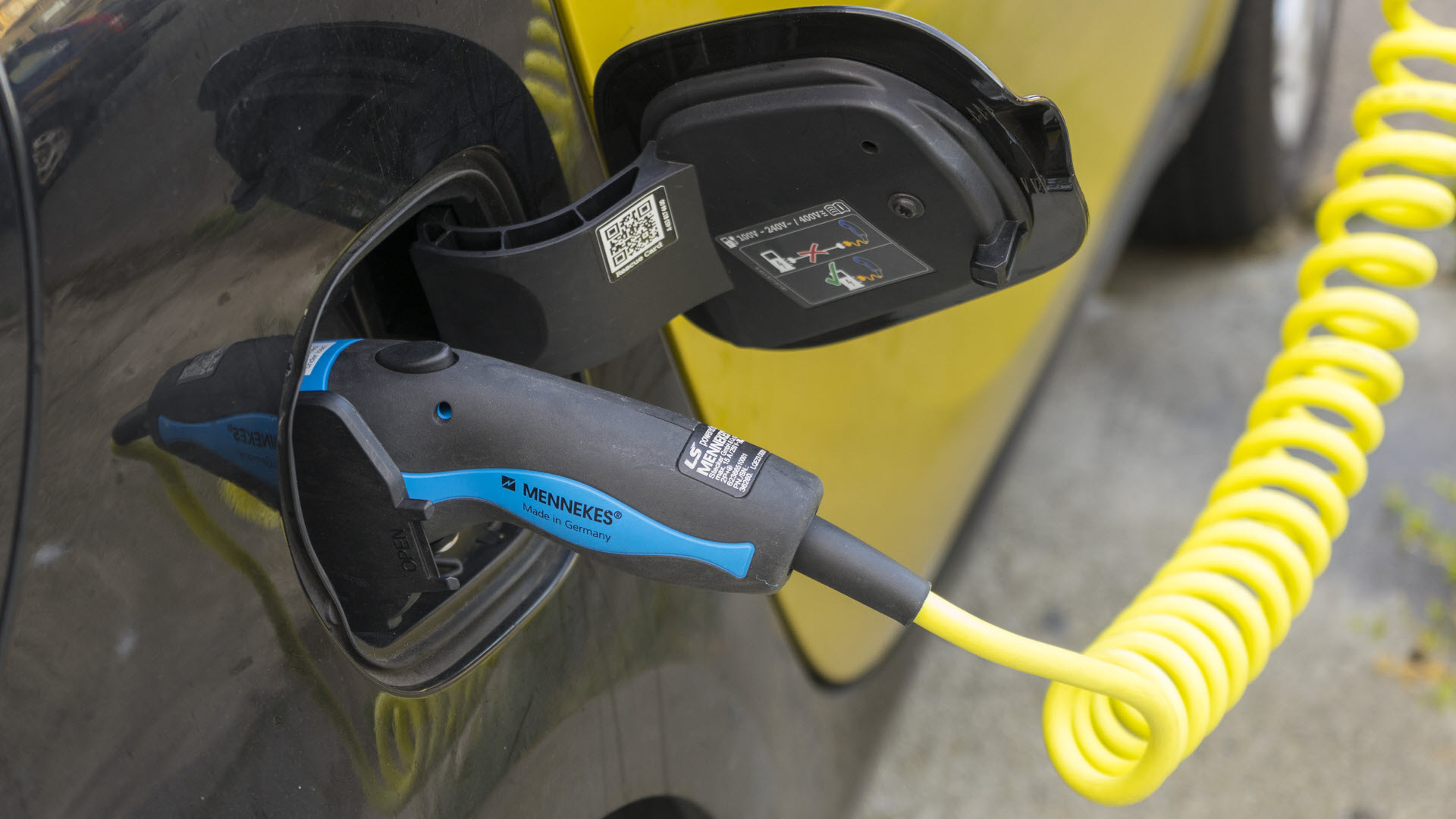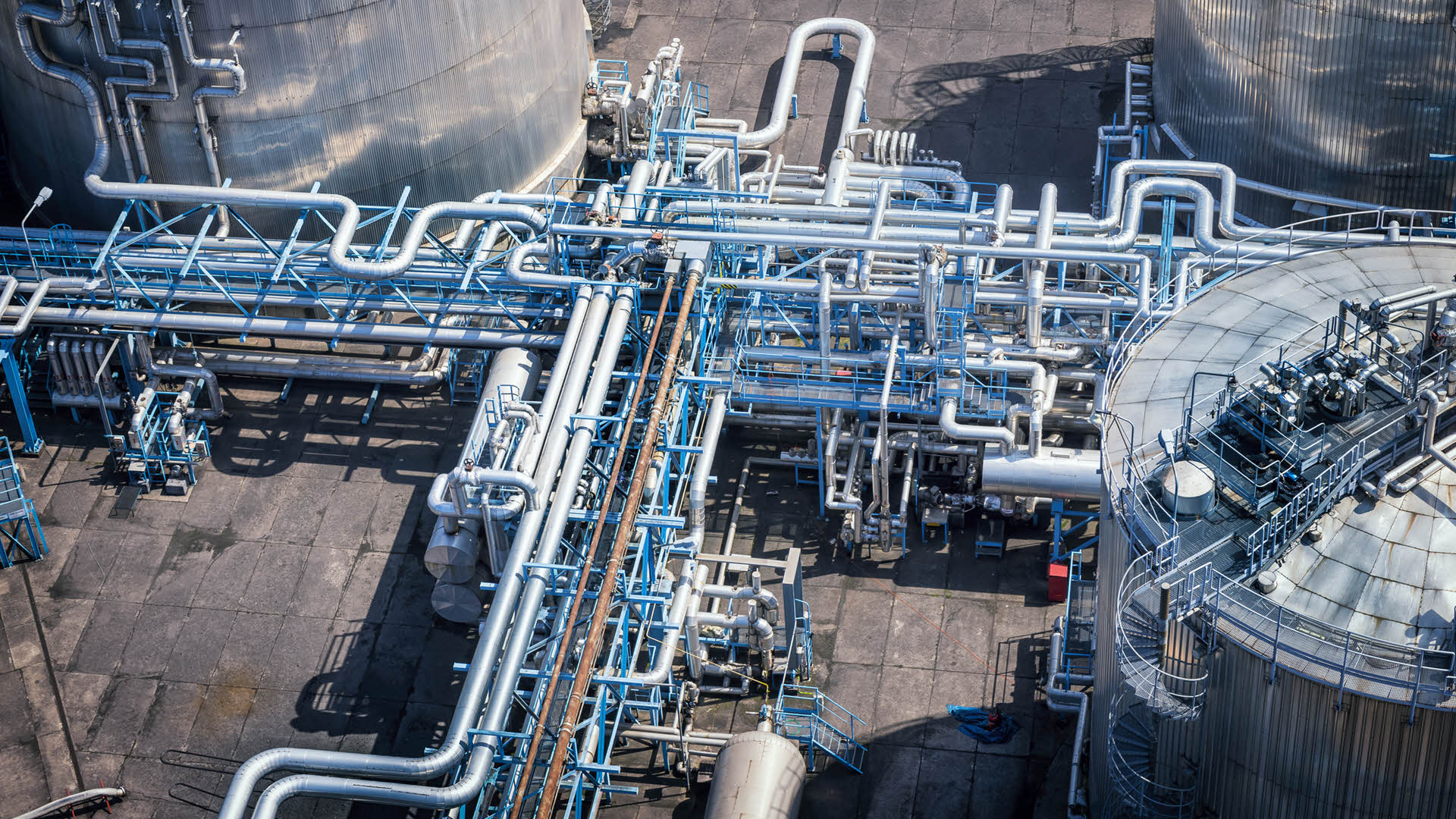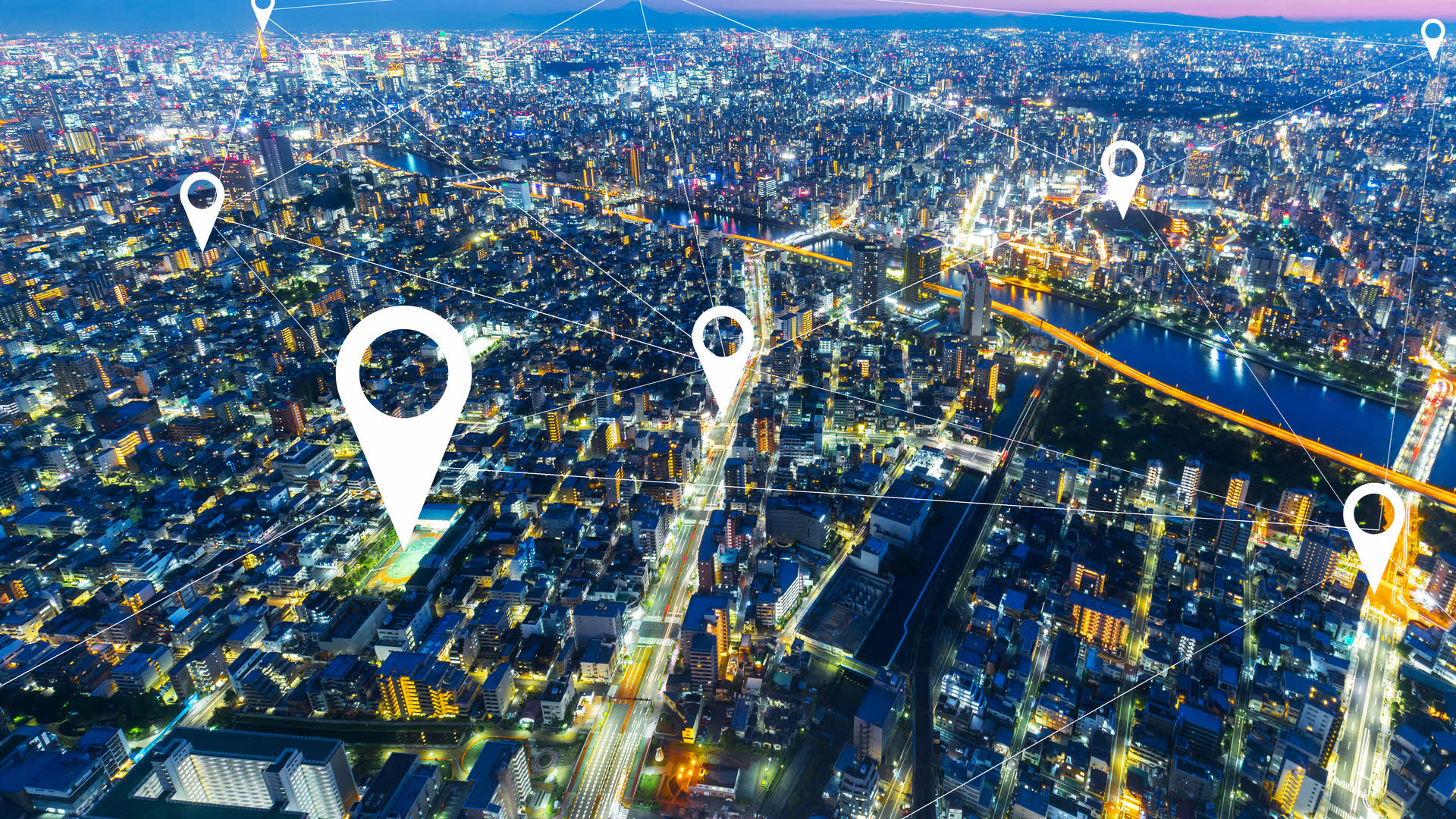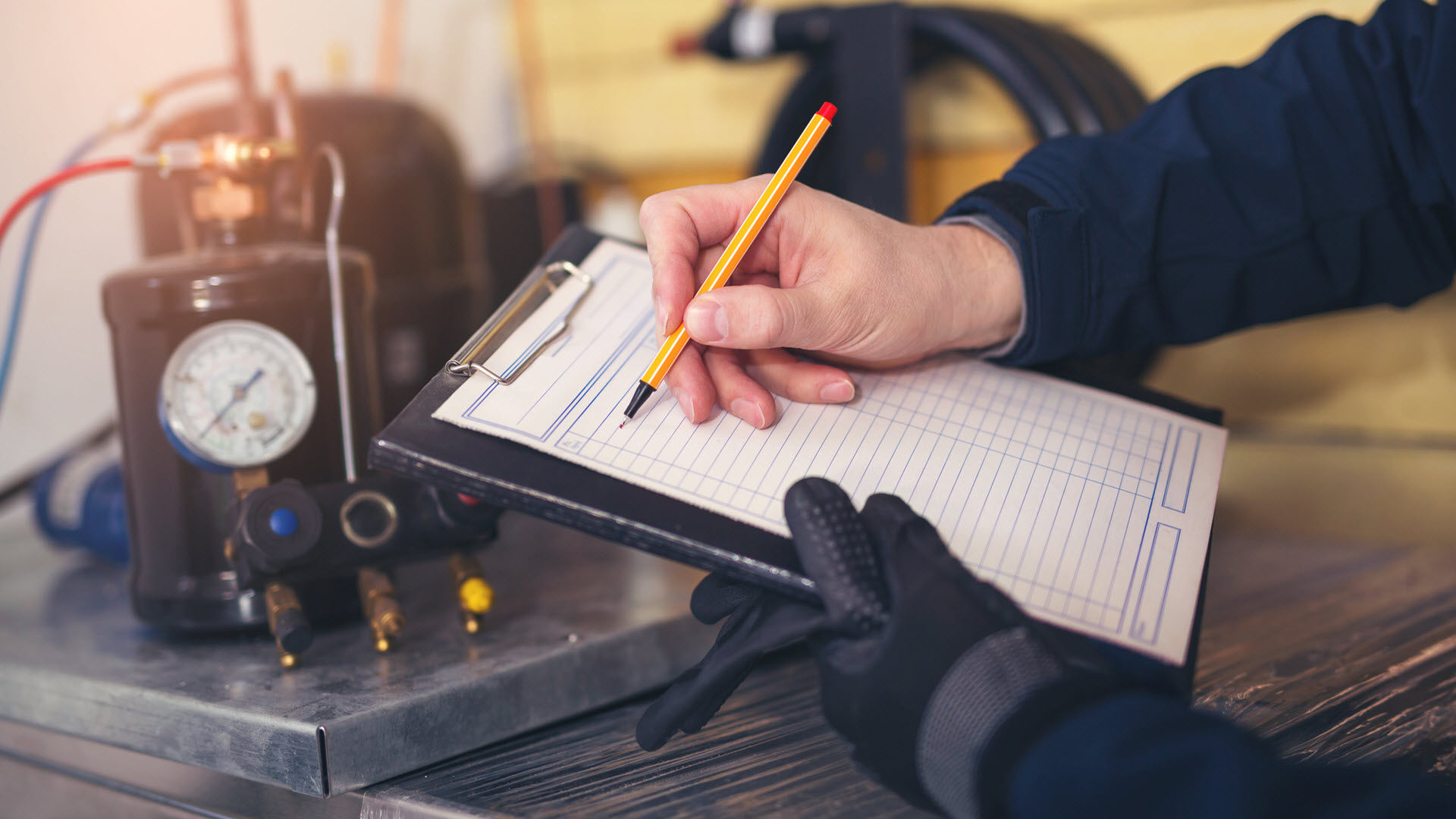Demand response (DR) programs
Most recent content on this topic
From direct load control to flexible grid management: The evolution of demand response
Clare Valentine, Amy Schmidt | March 17, 2021
Utility demand response is moving from traditional one-way direct load control programs to flexible, dynamic approaches that meet grid needs, maintain high customer satisfaction, and support increased adoption of renewables. We’ve identified five trends that are leading this transition.
Report
Which customers have Level 2 EV chargers and what programs should you offer them?
Liza Minor | October 2, 2020
Level 2 electric vehicle chargers can stress your peak demand periods if you don't properly manage the loads. Read this report to learn how E Source helped PPL Electric Utilities locate its customers with Level 2 chargers and what types of programs you can offer customers in your territory.
Report
Next generation of gas savings: Program strategies and emerging technologies
Liza Minor | December 12, 2019
Join E Source as we dive into some of the most promising strategies and technologies to maintain portfolio savings that we're seeing emerge in the gas demand-side management space. This web conference is part of the E Source Next Generation of Energy Savings series.
Online event
How E Source Can Help You Streamline the Requisition Creation and Discovery Process
Gabe Cuadra | May 15, 2019
Whether you're a utility or a vendor, we know you have big goals, but we also know that achieving some goals is time consuming. That's why we created E Source Energy RFP, so you wouldn't get bogged down searching for or creating RFPs, RFIs, or RFQs.
Newsletter
How to win new business with utilities
February 28, 2019
In this web conference, we'll share the process for how to track down upcoming demand-side management (DSM) dollars. We'll also share what signals to look for and where to focus your team's efforts so you can grow your DSM business with utilities.
Online event
What are the fundamentals of demand response?
Clare Valentine | May 14, 2018
Wondering what demand response (DR) is and whether you should be doing it at your utility? We provide the basics of DR and explain the short- and long-term benefits to utilities and their customers alike.
Ask E Source answer










